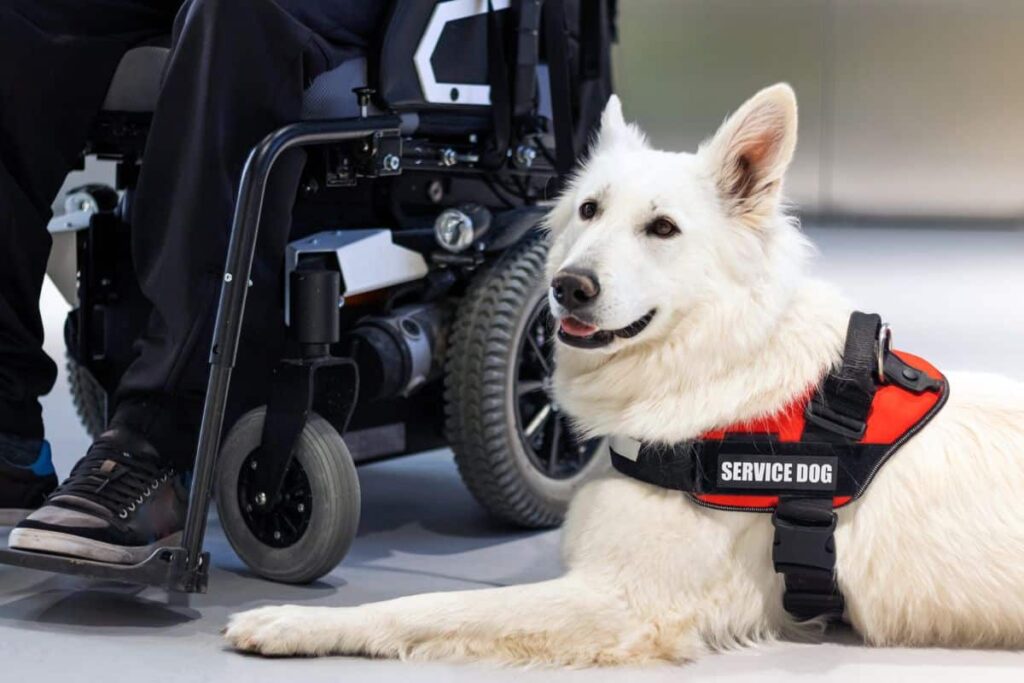Most people think of using their Flexible Spending Account (FSA) funds for medical treatment and material goods, but medically eligible expenses can also include a Service Animals.
If your furry friend is part of a medical treatment strategy, some of the associated expenses are likely to be eligible.
But as with many healthcare expenses, there are certain requirements that must be met in order to use the FSA on a service animal.
🔎 At Wave Tax, we offer you some important details below:
🔹Using FSA Funds for Service Animals
📌 According to the Americans with Disabilities Act (ADA): “A service animal means any dog that is individually trained to do work or perform tasks for the benefit of a person with a disability, including a physical, sensory, psychiatric, intellectual, or other mental disability.”
Service animals are legally recognized and protected from discrimination in housing and business.
To use the FSA for a service animal, your medical professional usually has to write a Letter of Medical Necessity (LMN), which must demonstrate that you require an animal for your medical needs and that its primary function is for your health and not companionship.
You may also read: What is the 401(k) Plan for Self-Employed Professionals?
🔹Eligible Items
According to the IRS, you can use the FSA for any expenses related to your service animal, including food, training and veterinary expenses.
The expenses paid by the FSA must help the animal perform its job. For example, a harness that says “Service Dog” may be eligible, while a new bed for the dog may not.
📌 And you can also use the FSA to pay for a new service animal.

🔹Does this Apply to Emotional Support Animals?
Emotional Support Animals (ESAs) can be any animal that provides support to alleviate any effects as a result of a person’s disability, such as giving sympathy or relieving loneliness.
ESAs differ from service animals in that they are not specially trained to perform specific tasks to help a person.
These support animals may also be eligible for FSA, especially if your physician can write an LMN that demonstrates how the animal will help you more than medication or other forms of treatment.
🛑 It is important to understand that the animal must be part of your own or a dependent’s medical treatment, not that of another person.
✅ At Wave Tax, we know that Service Animals are a fundamental part of many people’s lives, do not hesitate to contact us if you require more information: info@wavetax.us

